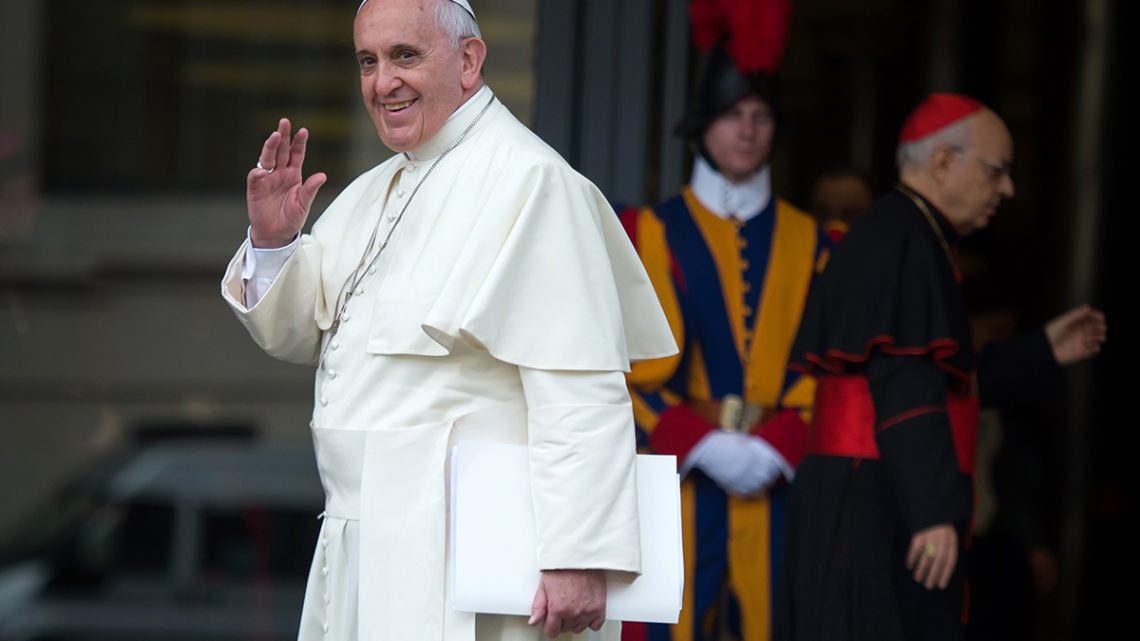A Papal Encyclical is a letter written by a Pope to an audience of bishops with the intention of guiding them in their ministry. Every encyclical is made publicly available for the spiritual benefit of all the people of God and to all people of good will, namely non-Catholics who may also want to read the document.

An Encyclical is a letter written by a Pope to an audience of bishops with the intention of guiding them in their ministry.
Every encyclical is made publicly available for the spiritual benefit of all the people of God and to all people of good will, namely non-Catholics who may also want to read the document.
The word “encyclical” comes from the Greek, meaning “general” or “encircling”.
Papal encyclicals provide analysis, in the light of the Gospel and of the Tradition of the Church, on relevant issues for the faithful.
Previous popes have issued encyclicals on a variety of topics, from the study of Scripture (Leo XIII, 1893) to the Redemption of Christ and the dignity of human beings (John Paul II, 1979).
From 1891, many encyclicals were issued as a response to social problems, from the struggles of workers during the industrial revolution (Leo XII, 1891) to the need for peace in the post-World War II era (John XXIII, 1963). These later encyclicals are part of what is known as Catholic Social Teaching documents.
The title of the encyclical is always taken from the first words of the opening sentence and, as a general rule, the official version is written in Latin.
The first encyclical was released by Pope Benedict XIV in the 1740s.
Benedict XVI wrote three Encyclicals: Deus Caritas Est, Spe Salvi and Caritas in Veritate.
Pope Francis unveiled his first Encycical ‘Lumen Fidei’ – or ‘The Light of Faith’ – on 5 July 2013 describing it as “the work of four hands” in reference to the significant input of Pope Emeritus Benedict XVI.